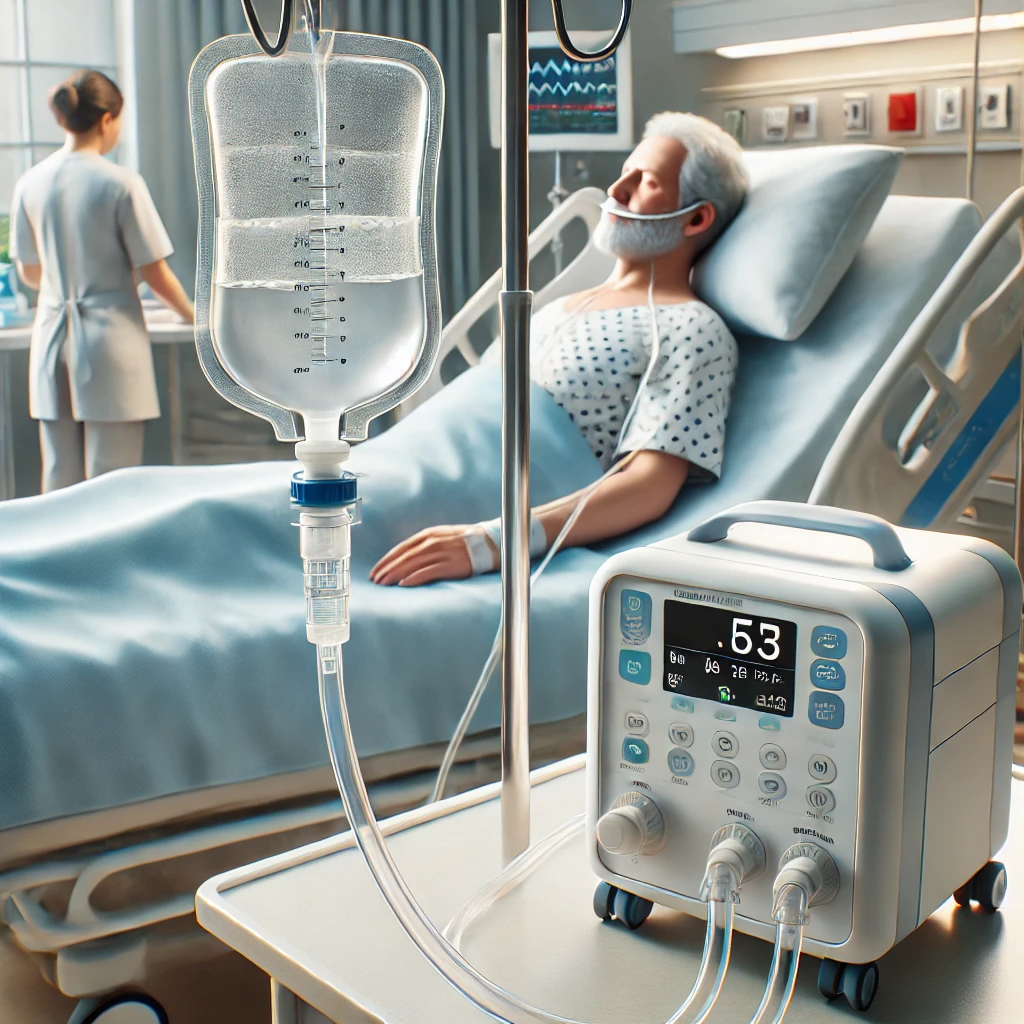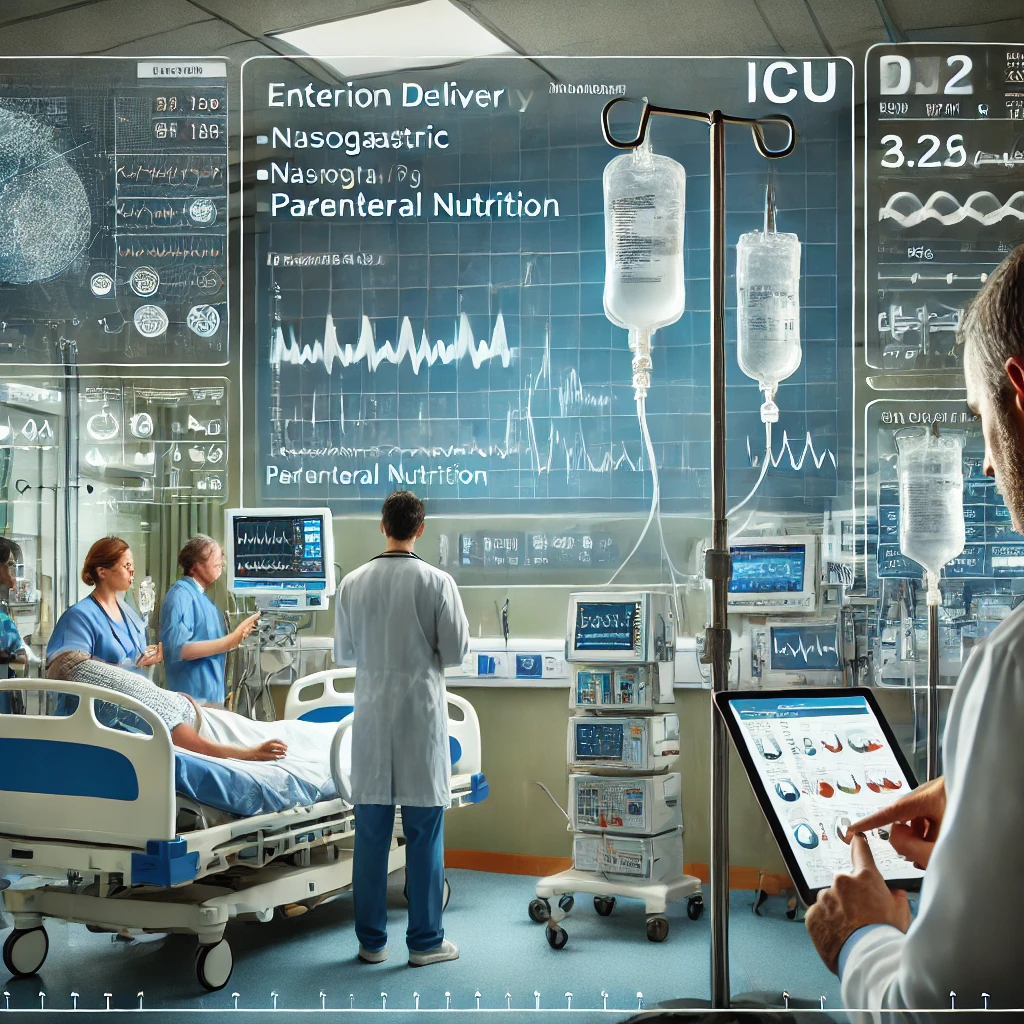Medical Data Science
Machine learning applications for critical care and medical decision-making
Critical care medicine generates massive amounts of data, but making real-time predictions from it is challenging. We develop machine learning systems for ICU nutrition, respiratory diseases, and collaborative medical research—improving patient outcomes through data-driven insights.
Research Areas
Critical Care Nutrition
Predict ICU feeding complications before symptoms appear. Optimize protein intake per patient. Identify high-risk cases early using decade-long datasets from Rabin Medical Center.
Respiratory Medicine
AI phenotypical analysis for rare diseases like NTM infections. Accelerate diagnosis and predict treatment responses.
Medical Data Collaboration
Privacy-preserving crowdsourcing for medical datasets. Enable scalable research while protecting patient data.
Technical Methods
Predictive Modeling
Machine learning models trained on extensive clinical datasets. Validation using real patient data from hospital systems.
Phenotypical Analysis
Pattern recognition in complex patient profiles to identify disease characteristics and treatment responses.
Privacy-Preserving Learning
Methods that enable data sharing and collaboration while maintaining patient privacy and data security.
Impact
Our critical care nutrition models have shown reductions in feeding complications through early prediction. Respiratory medicine applications enable faster diagnosis of rare conditions. The collaborative data collection frameworks support medical research at scale while preserving privacy.



Related Publications
2025
- Survival Forest Models for ICU Mortality Prediction based on Nutrition and Clinical Factors2025IEEE Access
- Predicting Onset and Progression of Neurodegenerative Diseases Using Blood Test Data and Machine Learning Models2025
2024
- Phenotypical Characteristics of Nontuberculous Mycobacterial Infection in Patients with Bronchiectasis2024Respiratory Research
2023
- Protein Intake and Clinical Outcomes of Enterally Fed Critically Ill Patients2023Clinical Nutrition ESPEN
- Using Machine-Learning to Assess the Prognostic Value of Early Enteral Feeding Intolerance in Critically Ill Patients: A Retrospective Study2023Nutrients
2022
- Using the Cardio-Vascular Index (CVRI) to Predict Mortality in Septic Shock2022ISICEM
2021
- Prediction Model for the Spread of the COVID-19 Outbreak in the Global Environment2021Heliyon
- Feeding Intolerance as a Predictor of Clinical Outcomes in Critically Ill Patients: A Machine Learning Approach2021Clinical Nutrition ESPEN
- Using machine learning to support early prediction of feeding intolerance in critically ill patients2021ESICM LIVES
2018
- A crowdsourcing framework for medical data sets2018AMIA Summits on Translational Science Proceedings
2015
- Automatic Anatomical Shape Correspondence and Alignment Using Mesh Features2015Biomedical Imaging (ISBI), 2015
- Strategy-Proof and Efficient Kidney Exchange Using a Credit Mechanism2015In proceedings of the Twenty-Ninth AAAI Conference on Artificial Intelligence
